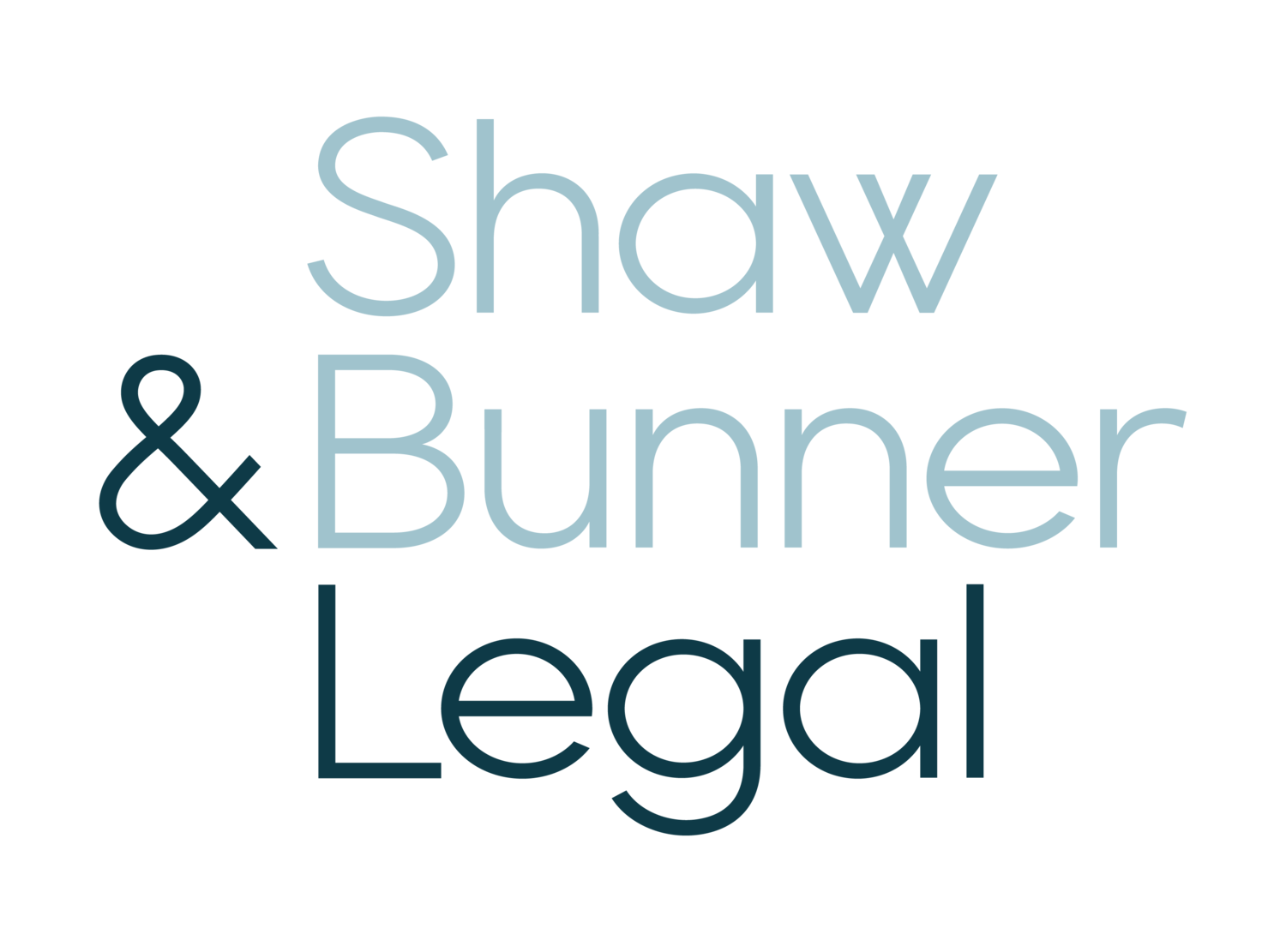What is the difference between an Informal Settlement Conference and a Mediation?
Many of our clients worry about going to Court and to participate in a full hearing of their personal injury matter. If you have a personal injury matter, it can be daunting to think about having to give evidence in the witness box. To be cross examined. And for a Judge to determine a number of factors about the case, and to give judgement in the matter.
Generally speaking, our experience is that very few matters will proceed to a full hearing before a Judge. The Court system promotes alternative dispute resolution, often referred to as “ADR”. The parties are encouraged to sit down and try to resolve the dispute before reaching Court, often by participating in an Informal Settlement Conference or a Mediation.
So what does this mean and what is the difference between the two?
Informal Settlement Conference (“ISC”)
An informal settlement conference (“ISC”) involves a face-to-face or virtual conference between the parties in an attempt to resolve the dispute. During the conference, often areas of dispute can be narrowed down, and negotiations can be entered into to explore resolution of the matter.
On the day, you will not need to speak to the Defendant solicitors nor give evidence. You will be speaking to your legal team only, and your legal representatives will be advocating on your behalf when dealing with the Defendant solicitors.
Prior to entering any negotiations, your legal team will have the opportunity to confer with you and explain the potential value of the claim. They will also be able to provide advice to you regarding any offer that is made to you, and the prospects of succeeding in your matter if you take the matter further to a Court hearing.
The benefits of resolving your claim at an ISC include:
· Avoiding litigation
· Retaining a degree of control over the process and outcome
· Reducing legal costs and disbursements
· Time saving
Mediation
A medication is another common way to resolve a dispute prior to the matter being listed for hearing and can often by ordered by the Court. A mediation involves an independent third party – a mediator – guiding the parties through a negotiation process.
The aim of the mediator is to assist the parties and facilitates discussions with a view to attempting to resolve the dispute.
On the day, you will primarily be speaking to your legal team however it is often common for the Mediator to speak to you and to address all of the parties at the same time.
Prior to entering any negotiations, your legal team will have the opportunity to confer with you and explain the potential value of the claim and also be able to provide advice to you regarding any offer that is made to you.
The benefits of resolving your claim at mediation are identical to those listed above.
At times a matter simply cannot be settled between the parties and proceedings have to continue to a Hearing before a Judge. We would estimate 5% - 10% of matters proceed to a full hearing.
If you have any questions regarding the dispute resolution process, get in contact with our friendly team today. We’re here to help.

